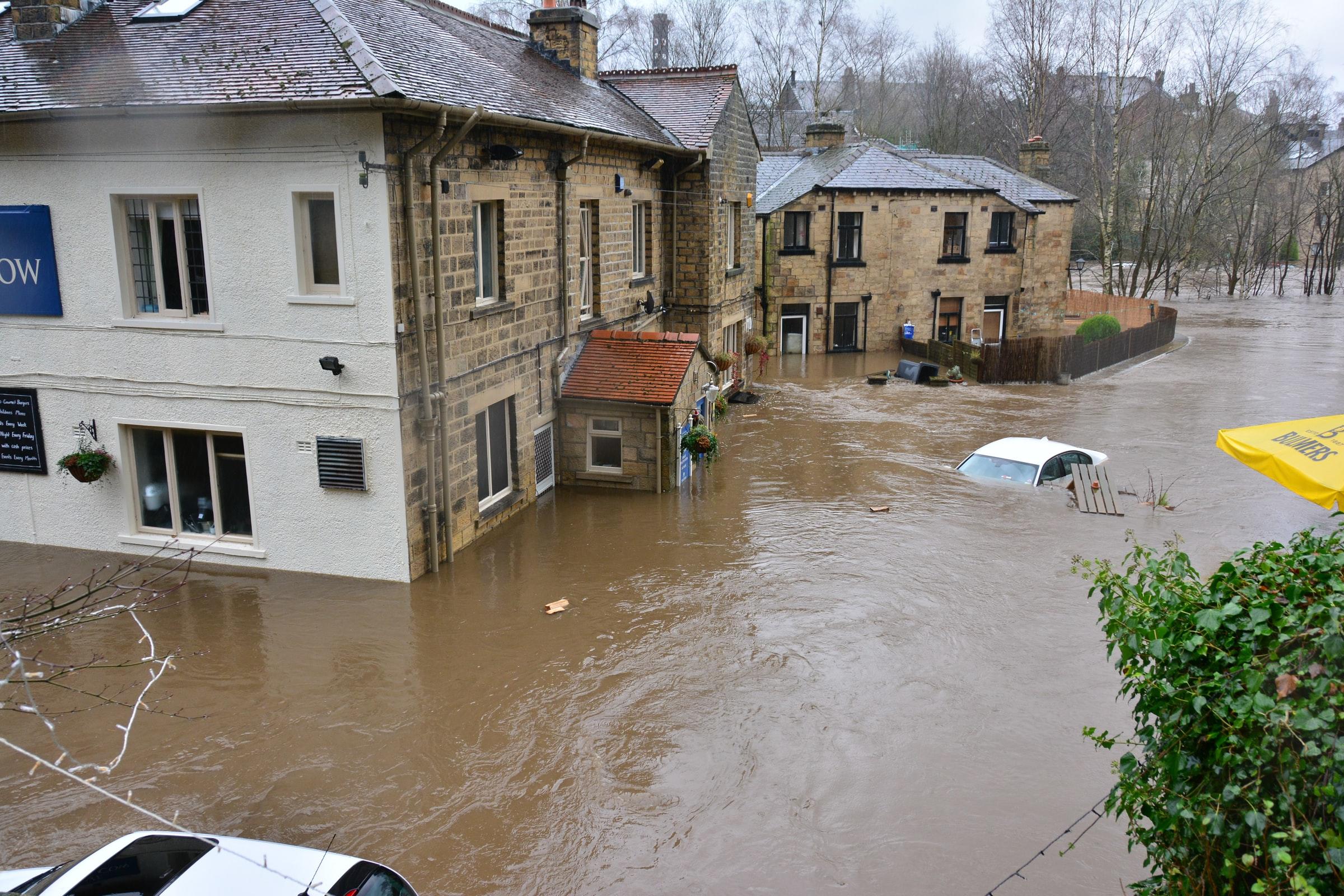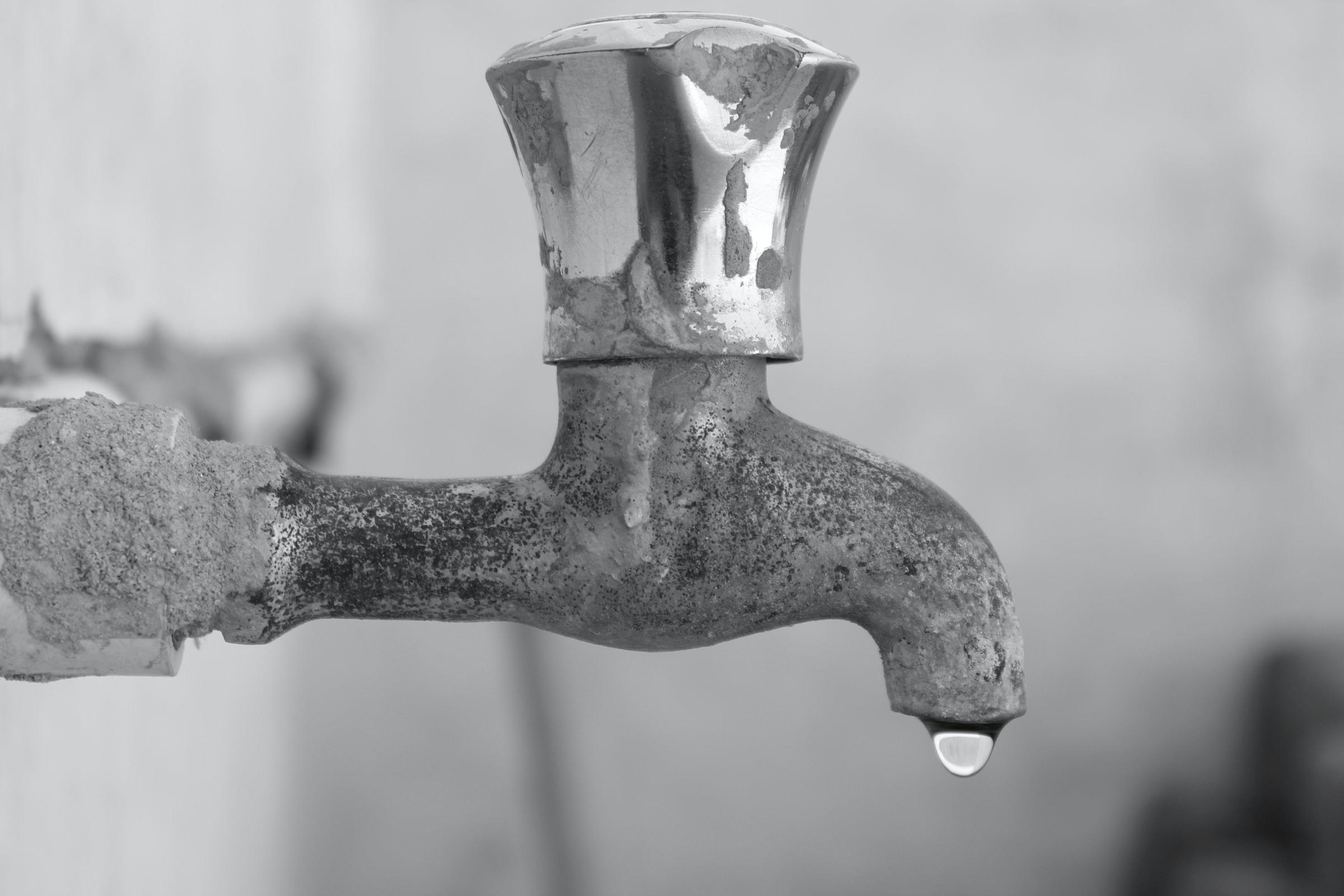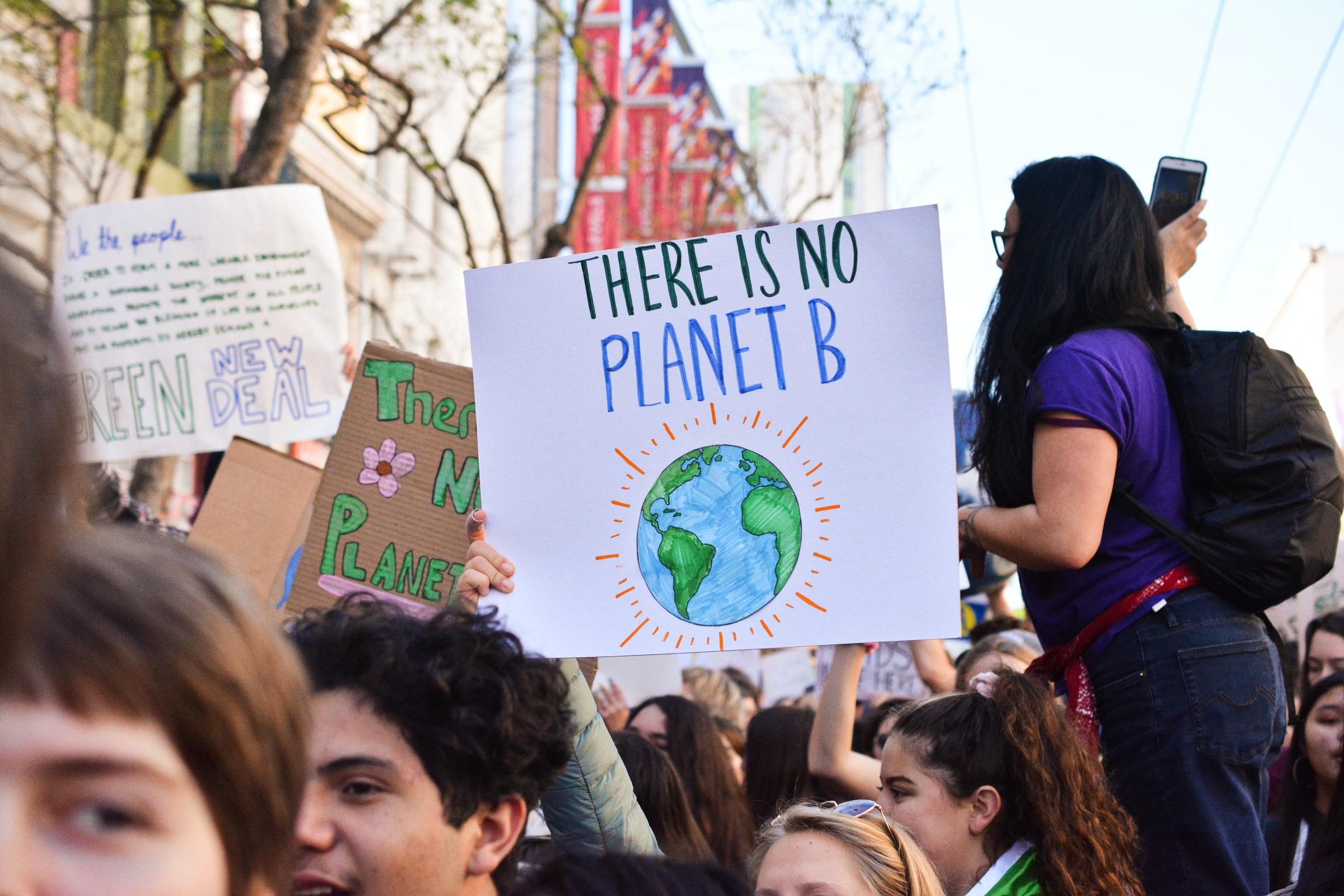"Global warming isn't a prediction. It is happening." -James Hansen
In the late 90s and early 2000s, scientists and experts talked about global warming as if it was a prediction that might affect generations to come. However, now, in 2022, global warming is no longer something that will hurt the earth drastically, but, instead, it's happening before our very eyes.
Yes, we know, talking about global warming and climate change makes us sound like a broken record. Caring about the planet has become the new fad and everyone is discussing it so much that it's almost annoying to hear it mentioned yet again. Nonetheless, the reason why global warming and climate change are so heavily discussed is that it's an urgent matter.
So, without further delay, to instruct our readers, we shall consider the definitions of both global warming and climate change and how they differ from each other.

What is Global Warming?

As the term suggests, global warming entails the warming or rising of the earth's temperature. Nonetheless, since most of us enjoy hot weather and nice sunny days, is that a bad thing? Yes. Global warming, if unstopped and prevented, will continue to rise and the earth's overall temperature will go up more than 1.5 degrees by 2030.
Climbing temperatures are a concerning matter because that means that ice shelves and colder climates will suffer and melt and the oceans will rise; this will be disastrous for cities and island nations that are at sea level.
Global warming is often mentioned hand-in-hand with climate change since they are both quite similar and discuss the state of the planet.
It's important to state that there is no one else to blame but humans for global warming. Why's that? Global warming has many causes but it is mostly a result of greenhouse gases that are caused by the burning of fossil fuel gases and the emissions of pollution caused by large corporations.
Human carelessness and increased pollution in the last 50-60 years has caused the world to become exhausted and overheated. There are severe side effects of global warming such as the following:
- Warmer and rising oceans,
- Not enough food,
- Loss of species into total extinction,
- Increased drought in drier areas,
- Severe storms such as flash floods, hurricanes, typhoons, earthquakes, and tornadoes,
- Hotter temperatures may result in wildfires and unbearable living conditions for persons in these areas,
- Poverty and displacement that are caused by natural disasters.
The effects of global warming are truly devastating. Now, let's take a look at climate change and how it's defined.
What is Climate Change?

It's important to state that climate change also discusses greenhouse gasses and the warming of earthy temperatures. Climate change observes the long-term change in average weather patterns that have affected the way that humans go about their tasks.
Climate change is observed internationally but also nationally and regionally to see how the weather patterns have fluctuated. For instance, climate change takes a look at solar cycles, rain cycles, snow patterns, and increasingly cold and hot weather and compares it to previous average temperatures or observations that were recorded.
You could say that climate change takes a look at how the world's weather patterns have drastically changed in negative ways due to human causes such as the burning of fossil fuels into the atmosphere.
Some serious effects of climate change include lack of food due to weather patterns shifting and serious natural disasters that kill people more and more as the years go by.

Climate Change vs. Global Warming: What are the Primary Differences?
After reading the past two subheadings, did you think that global warming and climate change almost sounded the same? If so, you're not alone in thinking that. Many people use the terms interchangeably to describe devastating weather events that are occurring on our blue planet.
However, it's worth pointing out that there are quite a few differences between climate change and global warming. Such as? Well, for example, global warming is only one small aspect of climate change that is overtaking the planet.
As we have seen, global warming focuses merely on the rise of the earth's global temperature and how greenhouses gasses are staying stuck in the earth's atmosphere. On the other hand, climate change takes a look at how the earth is changing its weather patterns over a longer period of time. Climate change analyses the following:
- Precipitation,
- Temperature,
- Wind patterns.
Therefore, in the simplest of terms, it's worth stating that climate change is much more of a broad term than global warming and it focuses on all aspects of the changing climate rather than global warming tends to focus more closely on rising temperatures.
Though both terms practically mean the same thing- that our earth is in rough shape- climate change is a better term to describe what is happening now in our environment since it encompasses both global warming and weather changes.
Why is it Important to Learn and Understand Global Warming and Climate Change?

Some experts claim that we need to "change minds, not the climate" when addressing climate change. But, how does that make sense? While it's true that all of us want to take action and actually do something worthwhile for our planet, the first step begins with education.
By educating ourselves and the generations after us, we develop a collective mindset that is more prepared to deal with the changing climate and the impacts of global warming.
While there are intense causes of climate change such as consumerism, deforestation, obscene amounts of waste, the overuse of modes of transportation, oil drilling, industrialisation, and oil and gas, it's worth stating that ignorance is as intense of a threat to the plane. How's that?
Well, since all of the negative causes of climate change are caused by humans, it's important to mention that a lot of the severe damage that has been done to the planet is because of ignorant persons who don't realise how they are contributing to global warming. In many countries, students aren't taught about the negative effects of global warming at schools.
To solve the problems associated with "climate change ignorance", many organisations are encouraging teachers and education boards to instruct pupils about what each and every one of us can do to stop climate change and reduce our carbon footprint.
By recognising that all of us are reasonable for the health of our planet, younger ones will be more cautious when it comes to using too much water and electricity and they will realise that consuming less meat and taking care of our green spaces are fundamental.
Also, it's important to state that even adults need to educate themselves about what they can to stop global warming. For instance, the following list mentions a few things environmentally-conscious adults can do:
- Use public transportation more frequently,
- Avoid air travel if you can,
- Find ways to reduce waste on a regular basis,
- Raise awareness by talking to friends and family about the changes you've made.
It's so important to talk about and learn as much as you can about climate change because we only have one planet and, though it doesn't boast an expiry date, it's very sick at the moment and we need to think about ways to heal our world.
How to Learn More About Climate Change and Global Warming?
Since we've seen in the previous subheading that learning about climate change is fundamental in the 21st century, it's necessary to educate ourselves. But, how? The following list shows how we can learn more about climate change:
- Informative YouTube Channels: various YouTube channels about science offer learners straightforward teachings about climate change.
- Books and Other Reading Material: there are many fiction and non-fiction novels and reading material that touches on the important aspects of climate change.
- Trusted Blogs and Websites: it's worth stating that you should only consult trustworthy sites when learning about global warming since there are many online resources that boast a lot of conspiracy theories. Visit government sites or education resources.
The previously mentioned ways are easily accessible for all types of persons. However, did you know that you can also learn more about global warming through private tutoring with a personal geography tutor? Probably not!
E-learning and private tutoring have become extremely popular in the last few decades and geography experts have made it easily accessible to learn informative topics such as global warming.
We highly recommend hiring a Superprof since they are engaging, informative, and extremely experienced. Also, their hourly fees are extremely affordable and worth every penny. Take a look at the Supeprof site to find geography tutors that specialise in global warming phenomena.
In conclusion, by considering the minor differences between the terms "climate change" and "global warming", we are educating ourselves to make wiser choices and learn more about the climate crisis that everyone is talking about.
Summarise with AI:















